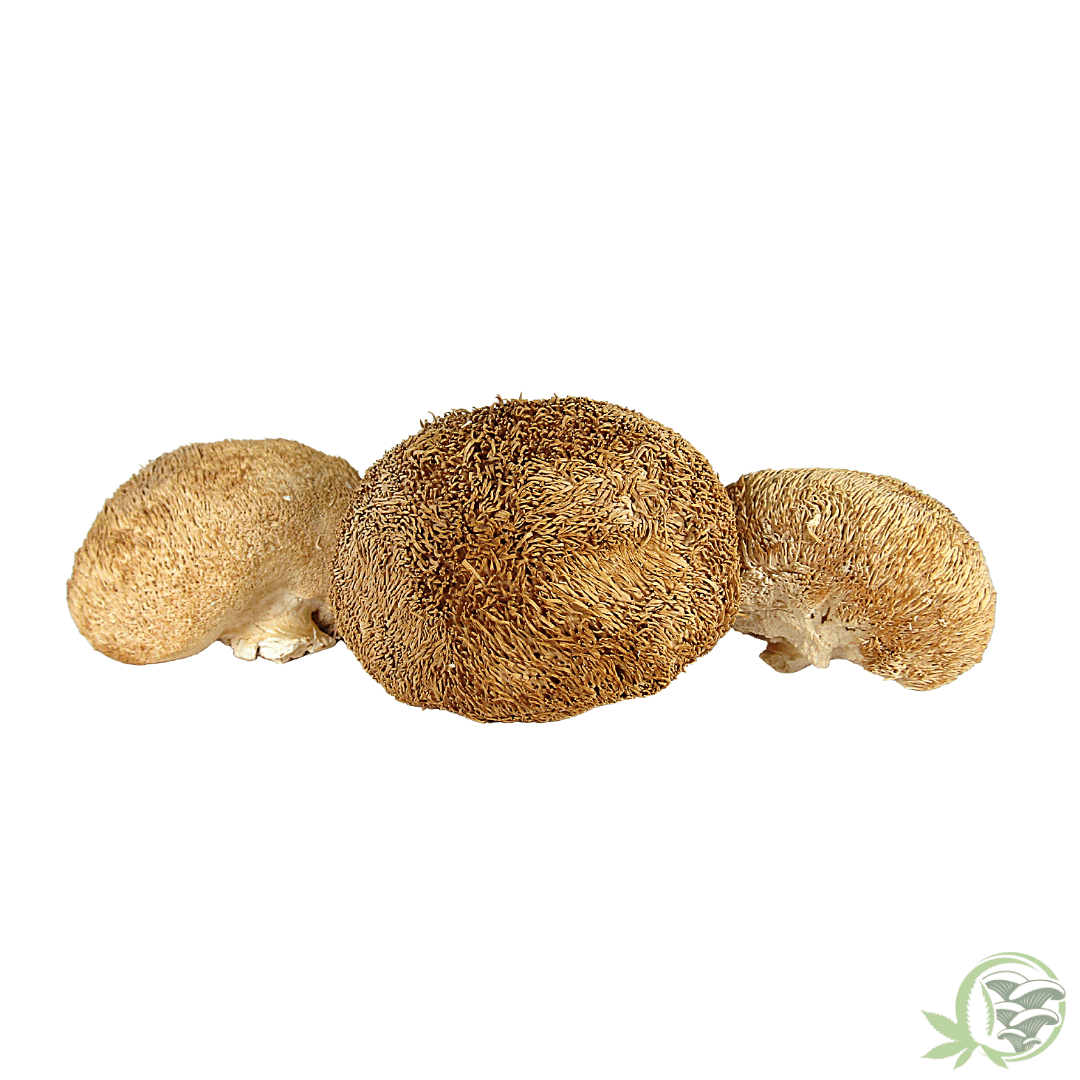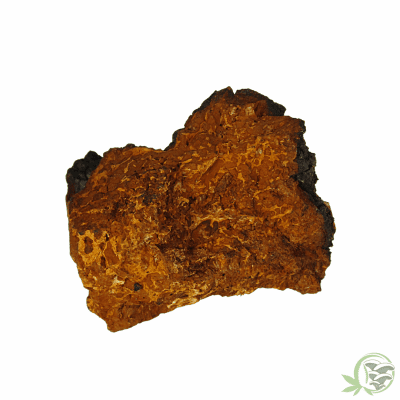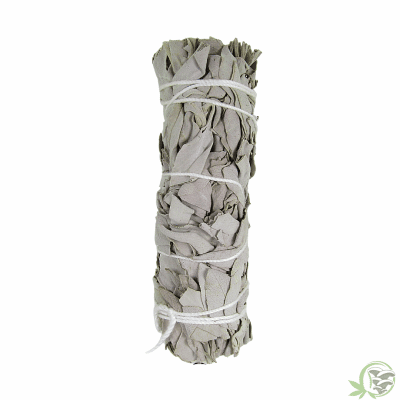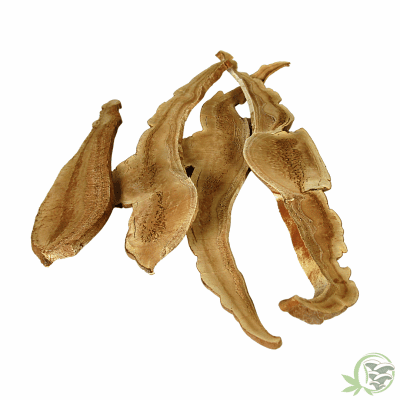Lion’s Mane Mushrooms
The incredible Lion’s Mane Mushroom, or Yamabushitake in Japan, or Hou Tou Gu in China, has many beneficial effects on the human body. They get their name from the way they grow, resembling a white lion’s mane. You can enjoy them raw, cooked, dried or steeped into a tea. Many say they have a very “seafood” like flavour, similar to lobster or crab. Many parts of Asia have been using Lion’s Mane for centuries for both culinary and medicinal purposes. Recently, it has received a lot of attention in the world of micro-dosing. Many people add Lion’s Mane to psilocybin and other naturally growing non-psychoactive mushrooms like Reishi and Chaga. Lion’s Mane on its own has no psychoactive properties but can be extremely beneficial for the brain, the heart and the gut.
Lion’s Mane for Brain Health
Several studies have already determined that Lion’s Mane contains two special compounds. erinacines and hericenones. These two special compounds can both stimulate brain cell growth. Lion’s Mane has proven to assist in combating memory loss and preventing neuronal damage in animals. Though human studies haven’t begun, it is more than apparent that Lion’s Mane can help to promote nerve growth and protect against memory-related brain damage. This is especially common in older patients, who are more susceptible to mental functioning disorders. In a study, older patients who consumed 3g of powdered Lion’s Mane daily over a four-month period saw their mental functioning vastly improved. However, this improvement diminished after consumption ceased.
Lion’s Mane is also excellent for combatting symptoms of anxiety and depression. This is due to its anti-inflammatory properties. In studies conducted on animals, Lion’s Mane improved brain cell regeneration and the functioning of the hippocampus, the area of the brain that processes memories and their emotional responses. The study determined that this increase in functionality is what helped to improve overall mood.
Finally, these same studies have shown that Lion’s Mane can increase recovery from both nervous system and spinal cord injuries. It does so by stimulating the growth and repair of nerve cells. Lion’s mane may also help to reduce brain damage suffered after a stroke.
For the Stomach and Digestive Tract
Lion’s Mane may help protect against the development of harmful bacteria and the deterioration of the stomach lining. Ulcers can firm anywhere along the digestive tract but are particularly common in the stomach. Two major factors cause stomach ulcers, an overabundance of harmful bacteria or damage to the mucus layer of the stomach. The second factor is usually caused by long-term use of over-the-counter anti-inflammatories. You may also use Lion’s Mane to reduce inflammation in the intestines and stomach, helping treat inflammatory bowel disease and Chron’s disease.
Lion’s Mane for the Heart
Several major risk factors for heart disease, obesity, high levels of triglycerides and oxidized cholesterol may all be lessened with the regular use of Lion’s Mane supplements. Though more human testing needs to be done, there is a great success in studies of animals. These studies show great promise in using Lion’s Mane to improve mat metabolism while also lowering triglyceride levels. In addition, lab studies have shown that Lion’s Mane can help to prevent cholesterol oxidization in the bloodstream. These oxidized molecules often clog arteries, increasing the risk of heart attack and stroke. In addition, Lion’s Mane contains a compound that can decrease the rate of blood clotting in the body, which may lower the risk of heart attack or stroke.
To help fight Diabetes.
Diabetes is a disease that develops due to the body no longer being able to control blood sugar levels. With blood sugar levels consistently elevated, complications like kidney disease and nerve damage can occur. In several animal studies, Lion’s Mane was able to reduce blood sugar levels and reduce diabetic nerve pain in the hands and feet. Though it shows much promise in helping to combat symptoms of diabetes in humans, we require more studies to verify these results.





Sasha –
Some of the best fresh Lion’s mane I’ve come across, usually I have to get powdered and I obviously prefer fresh so, thanks for carrying these guys.